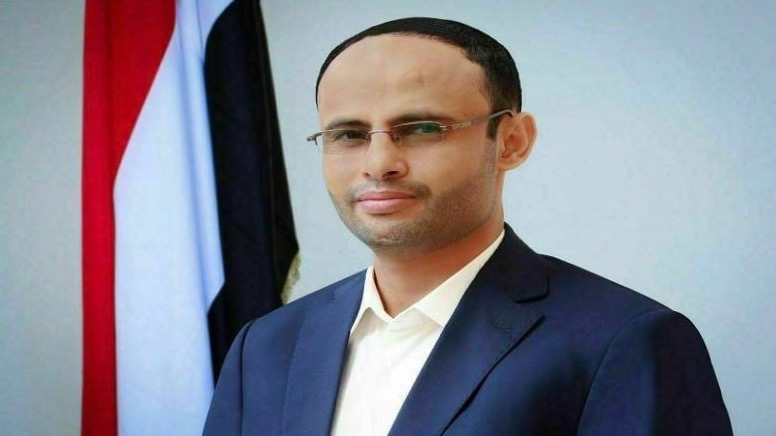The head of the Houthi-led Supreme Political Council in Yemen, Mahdi al-Mashat, said that the US is trying to obstruct the ongoing talks between the Houthis and Saudi Arabia to end the nine-year-old war in Yemen. Al-Mashat asked Saudi officials to be cautious of US intentions.
Al-Mashat said on Thursday, April 20, that “the United States seeks to obstruct peace efforts and does not want to resolve the humanitarian files” in Yemen. He was referencing the ongoing efforts to release Houthi war prisoners from Saudi Arabia and the control of Saudi-backed groups, Al-Mayadeen reported.
Hundreds of prisoners were exchanged between the two warring sides earlier this week. This follows the Oman-mediated peace talks between the Houthis and Saudi Arabia recently. The talks were the outcome of a larger understanding emerging in the region, following the China-brokered rapprochement between Saudi Arabia and Iran in March.
In a separate comment, as reported by Iranian Press TV, Al-Mashat also cautioned Saudi officials against attempts by the US to pressurize them to delay the talks, and asked them to “not surrender” to such pressures.
Al-Mashat was referring to US Secretary of State Antony Blinken’s phone call with Saudi Foreign Minister Faisal bin Farhan on April 18. The official communique did not elaborate on the details of the conversation apart from briefly stating that “US supports the [peace] efforts,” and calling for “a UN-mediated, Yemeni-Yemeni peace process aimed at reaching a comprehensive settlement of the conflict.”
The US has increased its diplomatic activities with regard to the Yemen conflict following the announcement of talks between Houthis and Saudi Arabia. Joe Biden administration’s special envoy for Yemen Tim Lenderking and CIA chief William Burns visited Saudi Arabia last week despite growing tensions with the country following its decision to cut oil production earlier this month.
Dubious US role in Yemen
The Houthis are apprehensive of US attempts to intervene in the peace talks as it was the most important international backer of the Saudi Arabia-led international coalition waging a war against them since 2015. It provided technical support to hundreds of airstrikes carried out by the Saudi forces inside Yemen in the first seven years of the war, killing thousands of Yemenis.
Despite Biden announcing an end to the US role in the Yemen war in 2021, it remained one of the largest suppliers of weapons to Saudi Arabia and its allies. The US also led the global campaign portraying Houthis as Iranian proxies, despite both the sides denying this allegation.
The recent leaks of US defense documents also indicates that the US is closely monitoring and possibly spying on the talks between Houthis and Saudi Arabia. They also revealed that the US deliberately pressured the Saudis to reject some of the crucial Houthi demands by calling them “maximalist,” such as payment of salaries of government officials under Houthi command by the Saudis.
Houthis argue that Yemen’s oil-rich regions are controlled by Saudi-backed forces, which are using these resources for their own benefit. As a condition for extension of last year’s UN-mediated ceasefire, the Houthis have demanded that revenues generated from the sale of resources should be shared, to pay the salaries of government staff under their command. The failure of Saudi Arabia to respond to this demand was one of the reasons for the collapse of the ceasefire in October last year.





